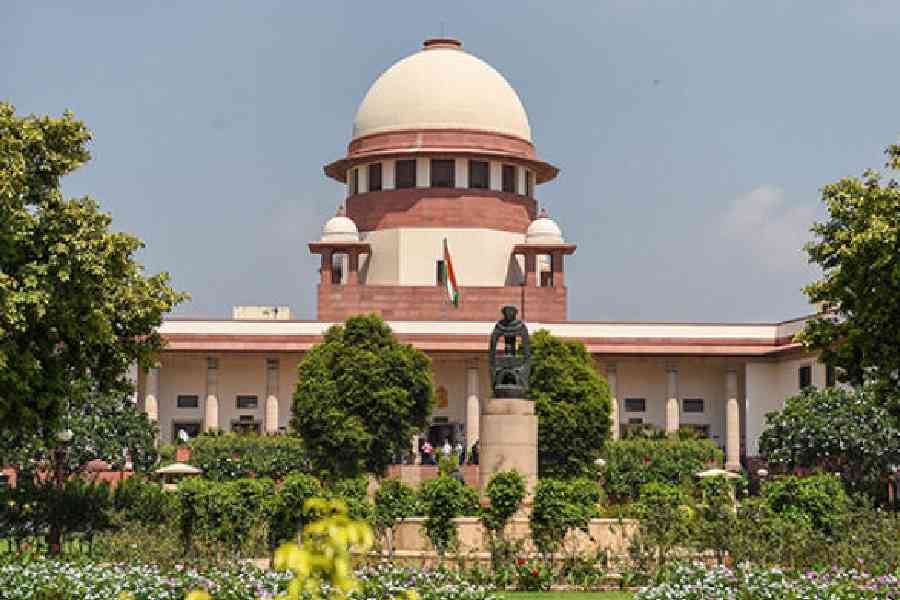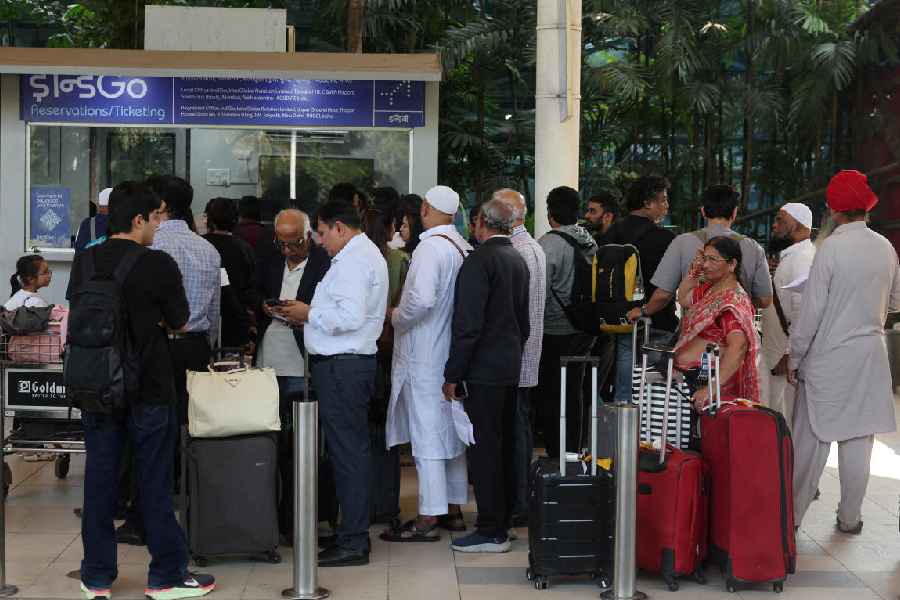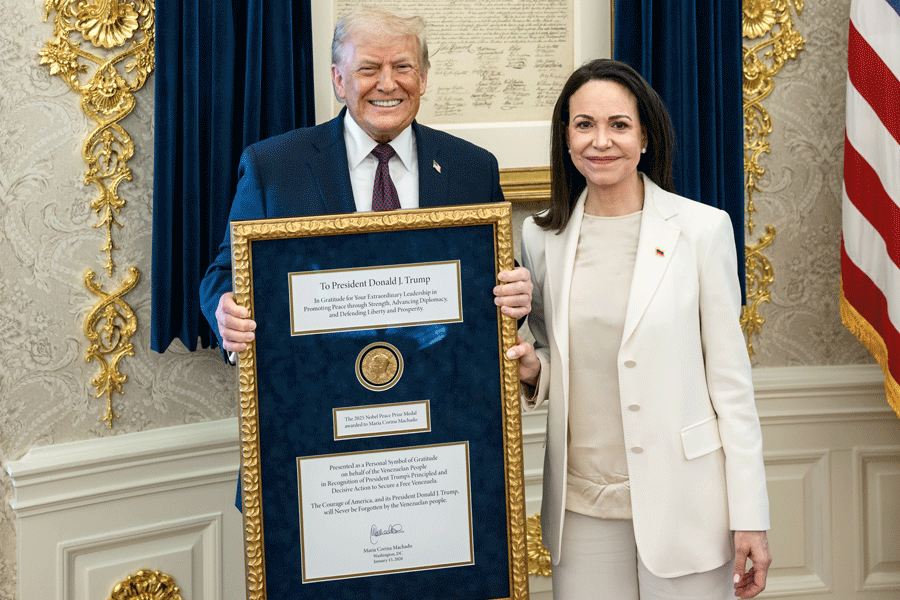New Delhi, Oct. 2: What will it take for a "no" to mean "NO"?
That is the question agitating women as many tried to come to terms with last week's acquittal of filmmaker Mahmood Farooqui in a rape case on the premise that the victim's refusal of sexual favours was a "feeble" one, bringing the issue of consent once again into focus.
The judgment - coupled with Punjab and Haryana High Court's September 13 verdict suspending the jail terms of three students accused of gang rape and blackmail after finding the victim had a "promiscuous attitude and a voyeuristic mind" - is being seen as a setback to the movement for legal equality.
"The judgment is dishonest on fact and in law," Vrinda Grover, the victim's lawyer, said after last week's verdict.
Delhi High Court had acquitted Farooqui, co-director of Peepli Live, saying he was entitled to benefit of doubt as the testimony of the victim, an American researcher, was not enough to establish the alleged rape.
Justice Ashutosh Kumar set aside Farooqui's conviction by a trial court and seven-year sentence for the alleged rape of the 30-year-old researcher from Columbia University at his south Delhi residence in March 2015.
"But, it remains in doubt as to whether such an incident, as has been narrated by the prosecutrix, took place and if at all it had taken place, it was without the consent/will of the prosecutrix and if it was without the consent of the prosecutrix, whether the appellant could discern/understand the same," the order said.
Farooqui and his wife Anusha Rizvi - also a filmmaker - were friends with the victim.
Grover plans to move the Supreme Court against the verdict. Other lawyers too agreed that the Delhi High Court judgment should be challenged. "It's a travesty of a judgment. The conclusion has no bearing on the analysis and the interpretation of the law is all wrong. It has to be set aside by the SC in appeal," Bangalore-based advocate Alok Kumar told The Telegraph.
"The court appears to have developed a theory of consent which is incompatible with respecting the autonomy of women and their ability to convey what they mean - it relegates women to a passive role in sexual relations or, as the decision puts it, 'he performs the active part whereas a woman is, by and large, non-verbal'," wrote lawyer Nandita Saikia in an analysis of the judgment in Asia Times, a Bangkok-based digital news publication.
"If you read this judgment without too much context, you'd think it was a trial of the victim and not Farooqui. It's her action, her reactions, her responses, her words, her texts and her behaviour under scrutiny in the HC. It's one of those judgments where the conclusion seems to directly contradict the reasoning and analysis that went before," Kumar tweeted.
On whether the judgment was an indication that the word "consent" needed to be fine-tuned, lawyers critical of the verdict insisted the law was clear enough.
"I don't think that the law relating to consent is particularly unclear, or that courts either can or should be stopped from interpreting the legal provisions relating to consent: at the end of the day, it's their job to interpret the law and apply it to specific cases. That said, I think it's worth having a discussion about how the law should be interpreted and which factors should be taken into consideration," Saikia told this newspaper.
Filmmaker-cum-sexual health and gender rights activist Mona Mishra took a contrarian view. Not only did she welcome the judgment, she also told this newspaper: "I am happy that the question of consent is out in the open for a larger discussion. We need to grow up and understand what consent actually means; particularly verbal consent."
According to Mishra, all that the judge seems to be saying is that he is not convinced that the issue of verbal consent has not been abused. "In situations like this, verbal consent beyond a point is verbal consent. It's your word against mine. Just as much as it is a valuable and strong way of getting consent, it can be open to abuse. This is not to say it has been abused in this case but the judgment shows the quandary the judge is in."
Mishra also maintained that the discussion on sexuality has to move beyond women's right to decide on what to wear and claiming the roads. "We need to move to the more substantive issues like discussing how to give and receive consent," she said.











